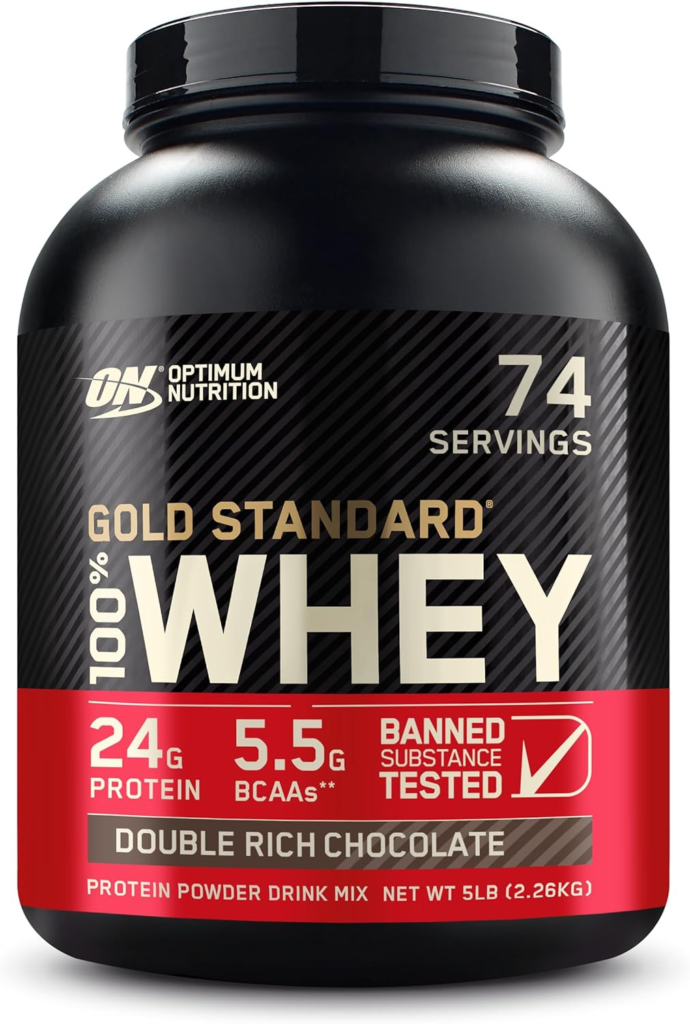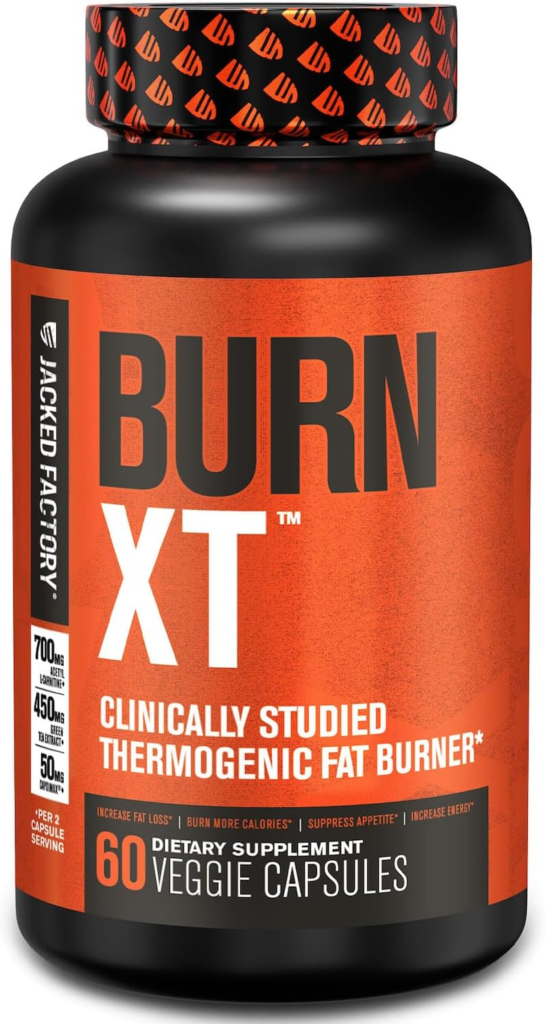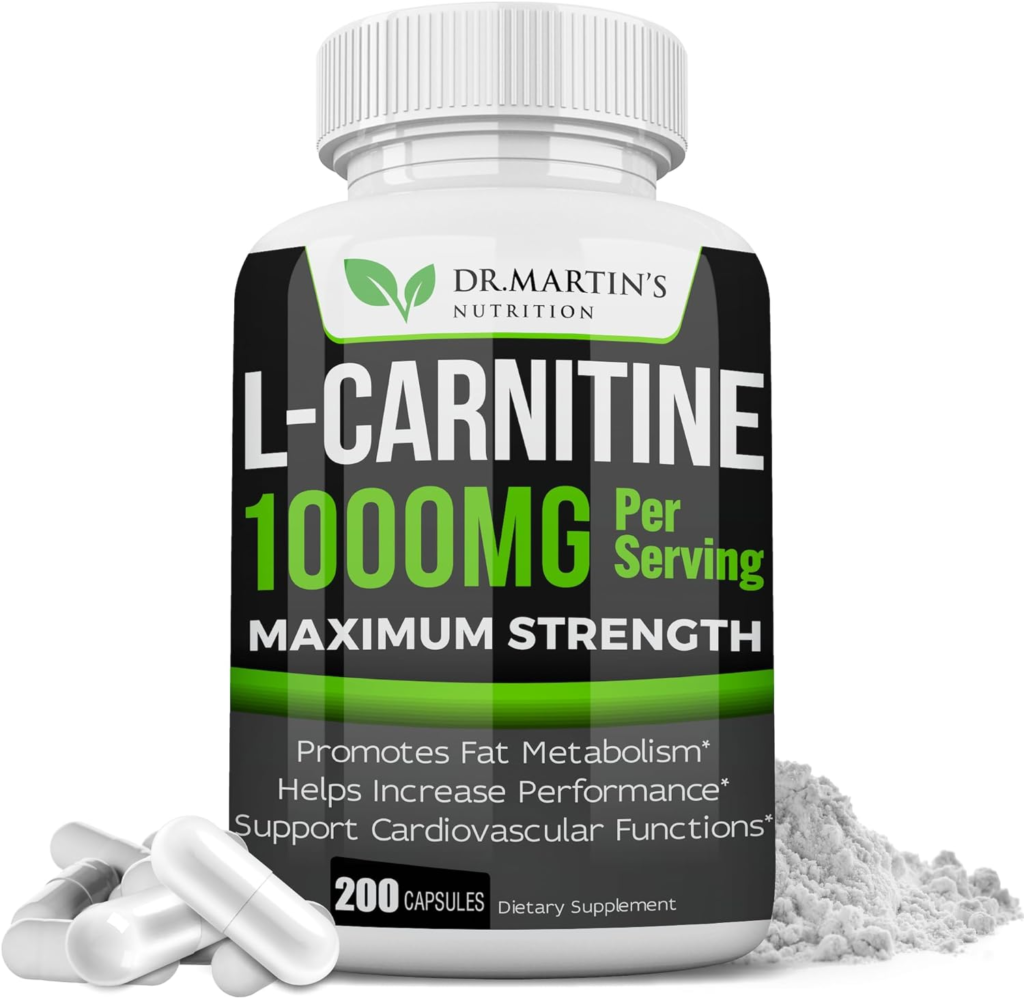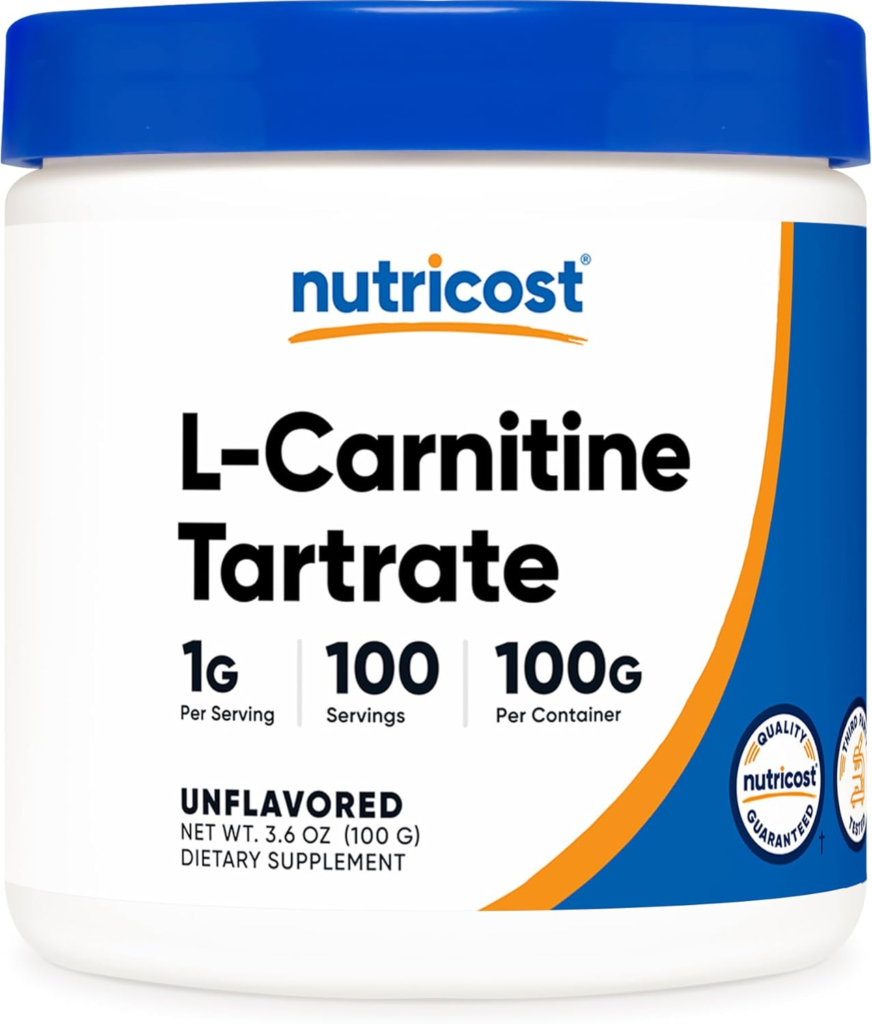This blog may contain affiliate links, meaning I earn a small commission if you make a purchase through these links, at no additional cost to you. As an affiliate, I only promote products and services I trust and believe will add value to my readers.
Embarking on a fitness journey often leads to the question: Does muscle building improve metabolism? The relationship between muscle mass and metabolic rate is a compelling topic, especially for those aiming to enhance their health and fitness levels. Understanding how increasing muscle mass can influence metabolism provides valuable insights into effective weight management and overall well-being. Many people focus on diet and cardio exercises to boost metabolism, but strength training plays a crucial role in long-term metabolic health.
Understanding Metabolism: An Overview
Metabolism encompasses all the chemical processes that occur within the body to maintain life, including converting food into energy, building and repairing tissues, and regulating various bodily functions. The rate at which these processes occur is known as the metabolic rate. Several factors influence metabolic rate, such as age, gender, genetics, and body composition. Notably, muscle tissue plays a significant role in determining one’s metabolic rate.
A key aspect of metabolism is the Basal Metabolic Rate (BMR), which refers to the number of calories the body requires to perform essential functions like breathing, circulation, and cell production while at rest. People with more lean muscle mass have a higher BMR, meaning they burn more calories throughout the day—even when not exercising. This is one of the biggest advantages of strength training for those looking to improve their metabolic efficiency and long-term weight management.
The Science Behind Muscle Growth
Muscle growth, or hypertrophy, occurs when muscle fibers enlarge due to resistance training and adequate nutrition. Engaging in activities like weightlifting causes micro-tears in muscle fibers, which then repair and grow stronger during recovery periods. This process not only increases muscle mass but also enhances the body’s ability to burn calories, even at rest.
Muscle hypertrophy occurs in response to progressive overload—gradually increasing resistance or intensity over time. When muscles are challenged through consistent strength training, the body adapts by building more muscle fibers, which increases overall muscle mass. Higher muscle mass translates to increased energy expenditure, thus improving metabolism.
How Muscle Mass Affects Metabolic Rate
Muscle tissue is metabolically active, meaning it requires more energy to maintain compared to fat tissue. As muscle mass increases, the body’s resting metabolic rate (RMR) also rises, leading to more calories burned throughout the day. This effect makes muscle building a crucial component in boosting metabolism and supporting weight management goals.
Studies show that each pound of muscle burns approximately 6 to 10 calories per day at rest, compared to fat tissue, which burns only about 2 calories per pound per day. While the difference may seem small, over time, the cumulative effect of having more muscle can significantly impact one’s metabolic health.
Resistance Training and Its Impact on Metabolism
Incorporating resistance training into your fitness routine is an effective strategy to build muscle and, consequently, elevate your metabolic rate. Exercises such as weightlifting, bodyweight workouts, and resistance band routines stimulate muscle growth and enhance metabolic function. Resistance training also has an afterburn effect, scientifically known as excess post-exercise oxygen consumption (EPOC). This means that even after finishing a workout, the body continues to burn calories at an elevated rate for hours.
To support these activities, certain products available on Amazon have received high ratings and numerous reviews for their effectiveness in aiding muscle building and metabolism enhancement. Here are some top recommendations:
Optimum Nutrition Gold Standard Whey Protein Powder

This protein powder provides essential nutrients to support muscle recovery and growth, making it a staple for those engaged in regular resistance training. Available on Amazon
Jacked Factory Burn-XT Thermogenic Fat Burner

A clinically studied metabolism booster and appetite suppressant that aids in weight loss and energy enhancement. Available on Amazon
UNALTERED Belly Fat Burner for Men

Designed to support reduced body fat and preserve lean muscle mass, this supplement promotes a healthy metabolism. Available on Amazon
DR. MARTIN’S NUTRITION Extra Strength L-Carnitine

This supplement aims to boost metabolism and increase performance, supporting muscle growth and energy levels. Available on Amazon
C4 Ripped Sport Pre Workout Powder

A pre-workout supplement that combines energy-boosting ingredients with components that support fat loss and metabolism enhancement. Available on Amazon
Nutricost L-Carnitine Tartrate Powder

This powder supports fat metabolism and energy production, aiding in muscle recovery and performance. Available on Amazon
Animal Cuts Thermogenic Fat Burner

A comprehensive supplement that targets metabolism, energy, focus, and appetite suppression to support weight loss and muscle definition. Available on Amazon
Evlution Nutrition LeanMode Weight Loss Support

A non-stimulant fat burner that supports metabolism, appetite control, and energy levels, complementing muscle-building efforts. Available on Amazon
Long-Term Benefits of Muscle Building for Metabolism
The advantages of increasing muscle mass extend beyond immediate metabolic boosts. Long-term benefits include:
- Improved insulin sensitivity, reducing the risk of diabetes
- Reduced risk of metabolic disorders, such as obesity
- Enhanced bone density, decreasing the likelihood of osteoporosis
- Greater physical function, making daily activities easier and reducing injury risk
- Sustained weight management, making it easier to maintain fat loss
By committing to regular muscle-strengthening activities and supporting them with appropriate nutrition and supplementation, individuals can experience sustained improvements in their metabolic health and overall quality of life.
Conclusion: Maximizing Metabolism Through Strength Training
In conclusion, building muscle is a highly effective strategy to enhance metabolism and support overall health. Incorporating resistance training into your fitness routine, paired with high-quality supplements and proper nutrition, can significantly impact metabolic function. By investing in well-reviewed fitness and metabolism-enhancing products available on Amazon, you can take proactive steps toward achieving your fitness goals.
Ready to boost your metabolism and build muscle? Explore these top-rated products and start your journey today!